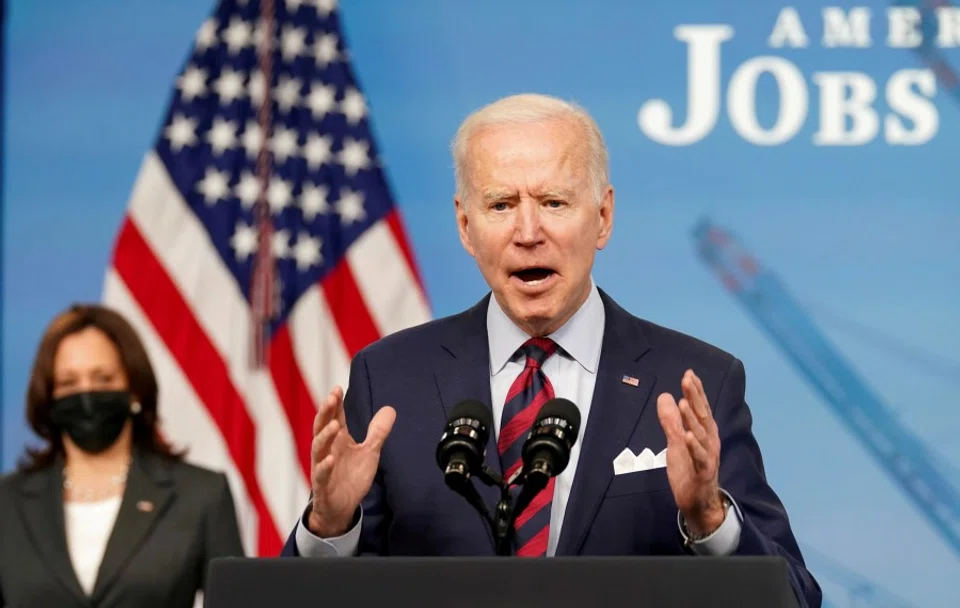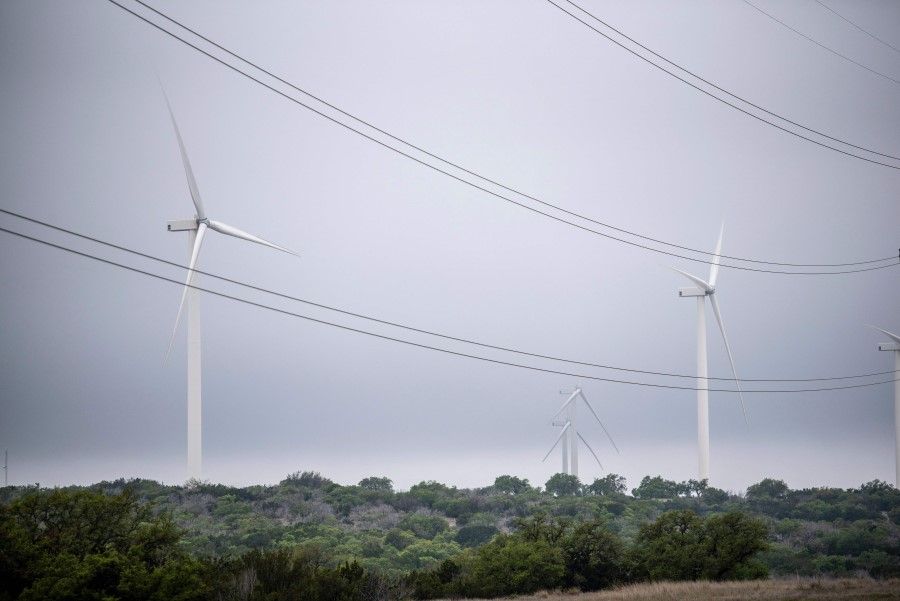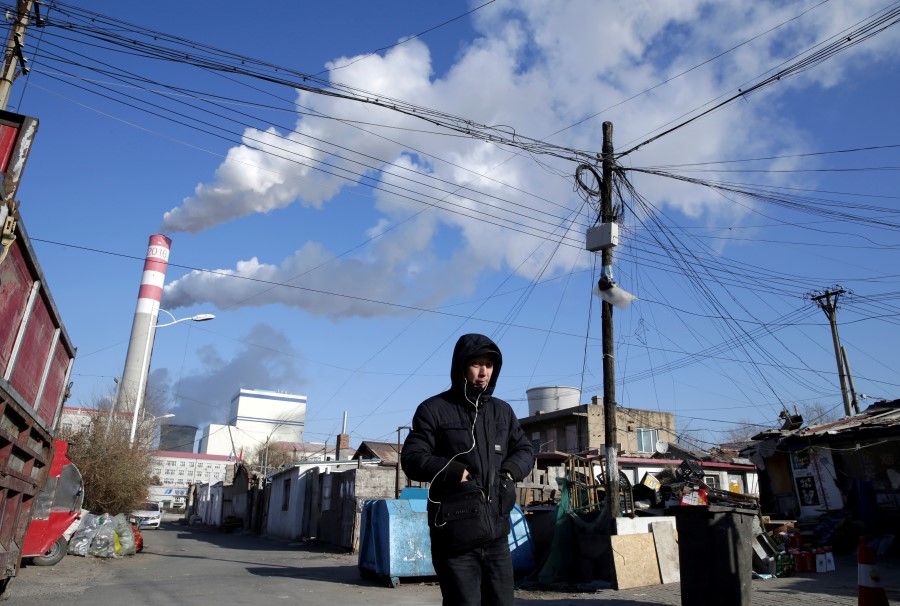Biden's China strategy only looks impressive on the surface

US President Joe Biden sent former Secretary of State John Kerry to China as a climate envoy. Kerry received a low-profile reception, getting on the same vehicle as the other delegates, and only spoke with Chinese Vice-Premier Han Zheng via video link from a hotel in Shanghai.
At the same time, Biden also got a former senator and two former deputy secretaries of state to visit Taiwan to strengthen US-Taiwan relations, and their discussion touched on defence. On the surface, Biden's move looks clever; he thinks he can walk the line between cooperation and opposition with China and keep his balance. That is, he thinks the US can decide on what to cooperate on, such as climate change, and leave aside other areas that involve competition or even opposition, such as the Taiwan Strait and the South China Sea.
...given China's current strength and position, would it play nice and allow Biden to say that China has to cooperate on climate issues, but the US will not cooperate with China on the Taiwan Strait and South China Sea?

Offering the matter of global carbon emissions reduction to China is like bestowing China the global warming card - it can now use the card in exchange for other areas of cooperation.
A three-year-old can see it: given China's current strength and position, would it play nice and allow Biden to say that China has to cooperate on climate issues, but the US will not cooperate with China on the Taiwan Strait and South China Sea?
China's energy mix will be determined by its needs
But in building the green economy, Biden is anxious to shift from centuries-old oil and fossil fuels to green energy, including new sustainable industrial technologies such as solar energy and recycling.
Right now, the US green economy is worth US$1.3 trillion a year, accounting for about 7% of its GDP and nearly 9.5 million jobs. The US-led green economy accounts for about 16.5% of the total global green economy.
It is fine that the US wants to lead other countries in the green economy, but wanting other countries to reduce carbon emissions and give up oil - that is a big problem.

Why would China be expected to cooperate with the US because the icebergs in Alaska are melting faster? If China were to follow the tide and push the green energy economy, it could seek monetary assistance from the US as compensation for the impact of economic transformation on the oil industry. And it would be an astronomical amount.
Looking at the US itself, in the 1950s, the US pushed the oil economy, with oil taking the place of centuries-old coal as an energy source.
This shift reduced jobs in the US coal industry and John Lewis, president of the United Mine Workers of America, started a demonstration of coal workers across the country to seek compensation. But a US union leader was no match for the oil tycoons; once the national policy was to use oil, coal prices shot up, while workers going on strike led to a halt in production. Lewis backed off and agreed to increase the use of heavy machinery in coal mines to prevent human casualties due to accidents such as coal mine collapses and explosions, but it was too late to stop oil taking the place of coal.
With the US leading the economic shift to the oil industry, Japan had to follow. Given the US's strength advantage, in 1950, the US's automobile production accounted for three-fourths of global production. Japan's production, which started after World War II, was less than one-hundredths of US production.
But 20 years later, Japanese automobile production had caught up to two-thirds of US production; by the early 1980s, Japan's production had overtaken the US. By 1990, the US had lost 200,000 jobs in its automobile industry as compared to 1979 - the US automobile industry was officially dead.
Now, Biden is pushing a similar shift. More than just replacing coal with oil, it now wants to give up the entire fossil fuel industry and go directly into green energy.
There is a lot of room in all this for China to speak up and go from passive to proactive, and even go from a losing position over the past four years in its tussle with the US, to a winning position.

How mature is green energy research? If the US can use it, does it mean China can follow? If China is forced to follow, how much would China need to invest in technological transformation? If the transformation of the 1950s led to many US coal workers losing their jobs, how many Chinese would lose their jobs if China shifted to green energy? Would the US government feed them? And if China does not follow, the targets of the Paris Agreement would be empty talk.
There is a lot of room in all this for China to speak up and go from passive to proactive, and even go from a losing position over the past four years in its tussle with the US, to a winning position. Behind the US's one-sided intentions, how much military strength did the US flex to get other countries including China and India to follow and reduce carbon emissions? What if China does not cooperate? The crux is, does the Biden administration have an answer to all of this?
This article was first published in Chinese on CUP media as "拱手送中國".
